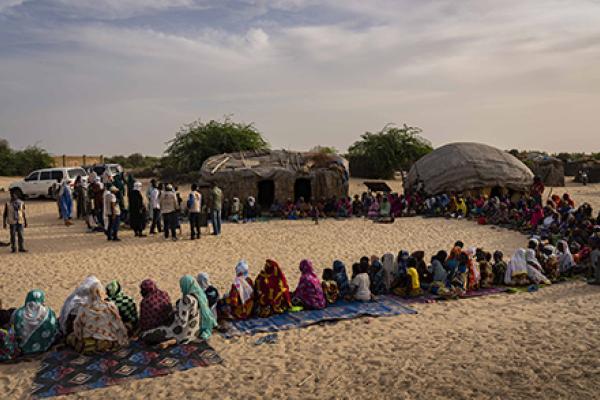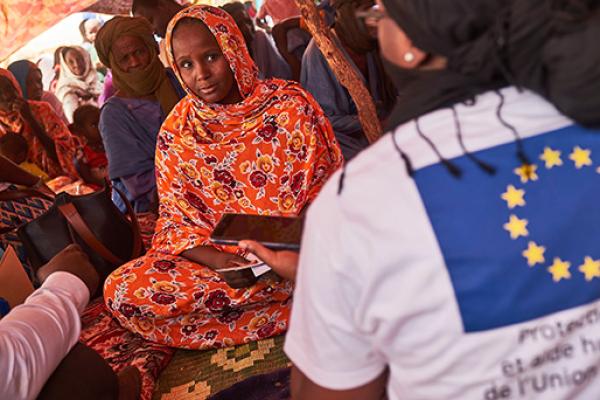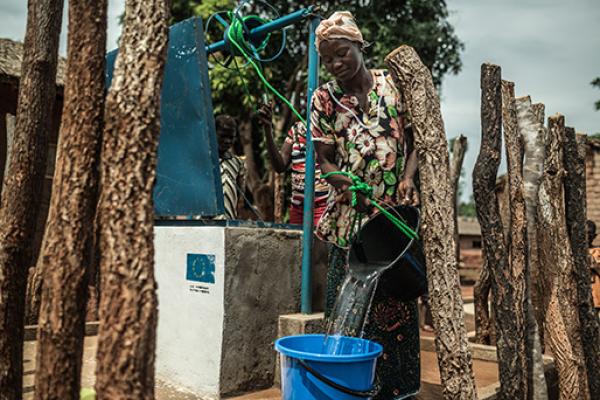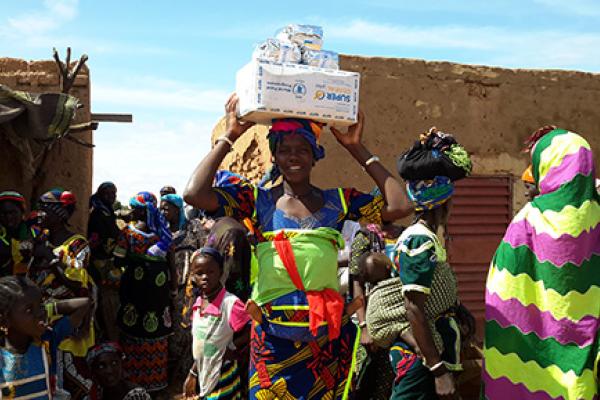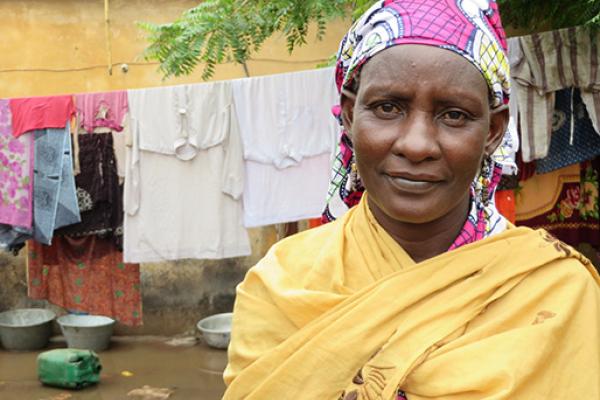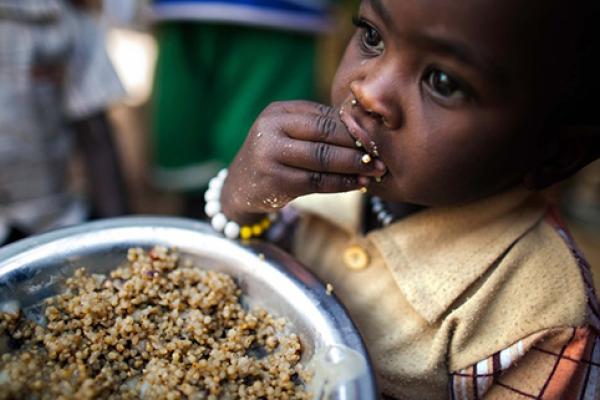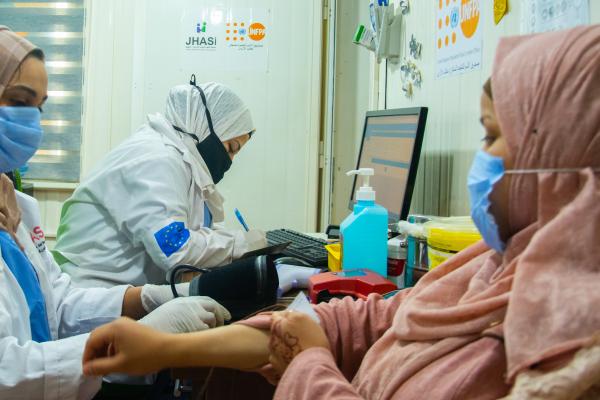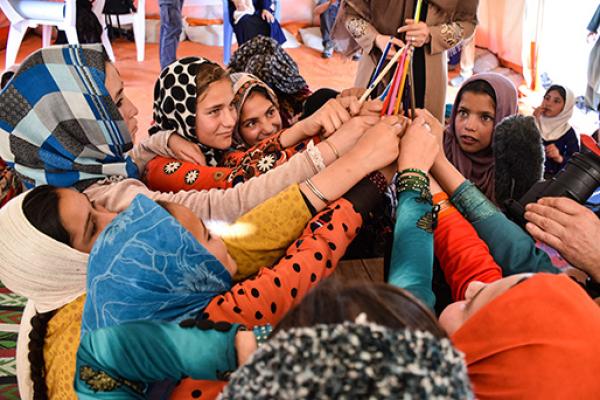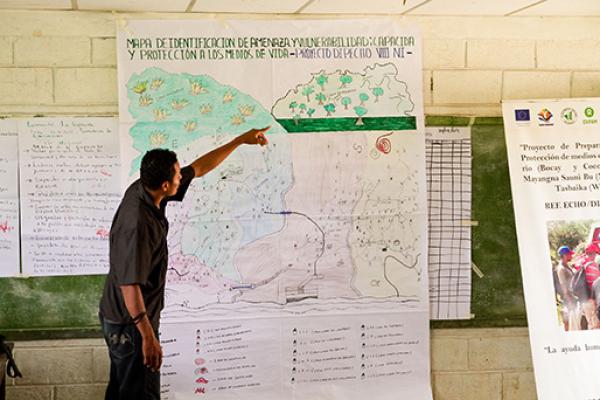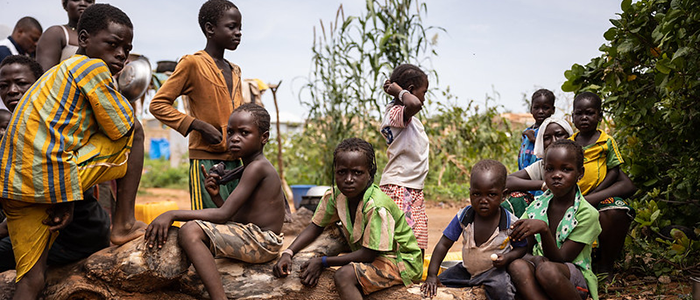
The EU has allocated €181.5 million this year for humanitarian aid in West and Central Africa, as this region continues to face protracted crises driven by conflict and worsened by other factors such as climate change and the global spike in food prices.
New allocations have been announced for:
- Burkina Faso (€25.5 million)
- Mali (€26 million)
- Mauritania (€6.5 million)
- Central African Republic (€20.5 million), together with a regional allocation of €500,000.
These add to the EU funding already pledged for Nigeria (€34 million), Niger (€25 million), Chad (€26.5 million) and Cameroon (€17 million) last month, during the High-Level Conference on the Lake Chad Region held in Niamey.
The announcement was made on the occasion of the EU-ECOWAS ministerial meeting held in Brussels today, attended by Commissioner for Crisis Management Janez Lenarčič. Up to €111 million of the mentioned budget will benefit ECOWAS members.
The EU’s humanitarian aid in West and Central Africa will cover the following areas:
- providing life-saving aid to populations displaced by conflict and to hosting communities
- supporting victims of human right violations, including survivors of sexual and gender-based violence and children affected by conflicts
- providing food assistance to households and communities most in need, focusing on the lean season and hard-to-reach areas, and treating severe acute undernutrition in children under 5
- offering health care to populations outside the reach of health authorities and improving access to safe water and sanitation
- supporting emergency education for children that are displaced or cannot attend school
- enhancing disaster preparedness actions, such as early warning systems and climate resilience measures
In addition, the Commission has already requested an extra allocation of €32 million from the EU Solidarity and Emergency Aid Reserve, which can be called upon to respond to major crisis. If approved, €25 million would be destined to countries within the ECOWAS bloc.
Commissioner for Crisis Management Janez Lenarčič said: “Last year, over 38 million people needed assistance in West and Central Africa, where the security situation remains highly concerning. As a global repercussion of Russian aggression against Ukraine food insecurity is reaching unprecedented levels. The delivery of humanitarian assistance is increasingly difficult, especially due to rising non-compliance with International Humanitarian Law. While sustainable solutions need to be found, the newly announced EU funding will help to address the growing humanitarian needs across the region, reflecting the EU’s solidarity with those most vulnerable”.
Background
One of the poorest and most fragile regions in the world, West and Central Africa continues to suffer from a combination of major protracted humanitarian crisis, driven by conflicts and exacerbated by other aspects including food insecurity, chronic undernutrition, natural hazards, recurrent epidemics and the growing impact of climate change.
Currently, the region is experiencing an unprecedented food crisis, aggravated by the rising cost of food, which increased on average between 40 and 60% in the past year, due to local factors such as scarce rainfalls and also to global trends. Several Sahel and Central African countries are highly dependent on cereal imports from Russia and Ukraine.
Furthermore, countries in West and Central Africa are extremely vulnerable to weather-related hazards such as droughts and floods, intensified by climate change. Some of the most vulnerable countries to climate change worldwide are in the region, notably Chad and CAR.
Details
- Publication date
- 6 February 2023
- Author
- Directorate-General for European Civil Protection and Humanitarian Aid Operations (ECHO)

